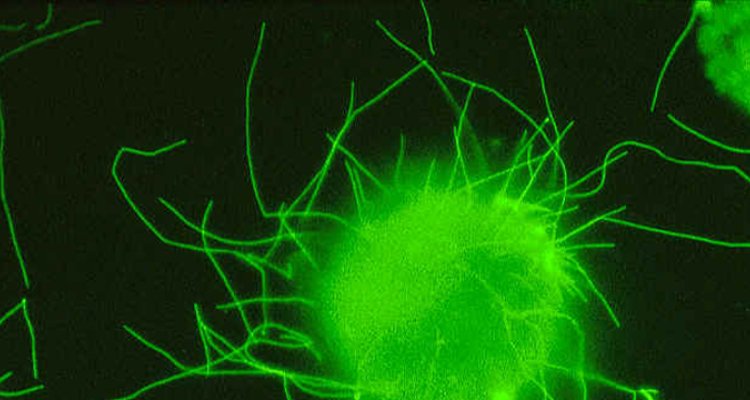
Plant virus-host and -vector interactions
We study plant viruses i) as the causal agents of plant diseases, ii) as models for investigating fundamental biological questions (with the focus on plant virus biology and virus-vector-plant interactions), and iii) as tools for biotechnological applications.
Major current lines of research involve:
RNA interference, Cross-kingdom RNA interference, and resistance mechanisms - Richard Kormelink
RNA interference (RNAi) is a small RNA-based mechanism that modulates gene expression in almost all eukaryotes. In plants, RNAi also plays important roles in host defense against viruses. To counteract this antiviral defense mechanism, plant viruses encodes for suppressor proteins of RNAi. Within this research line, we try to better understand the complexity and dynamics of RNAi-based crosstalk between viruses, their plant host, and their vectors.
Virus replication mechanisms - Richard Kormelink
Plant virus infection depends on the virus’ ability to replicate in infected cells, move cell-to-cell through plasmodesmata, and systemically through phloem. Here, we aim to understand some mechanisms contributing to the outcomes of virus-host interactions, with major emphasis on the mechanisms involved with 1) intracellular virus replication cycle, and 2) natural plant resistance
genes against viruses.
Multitropic interactionsin virus transmission: viruses, hosts and insect vectors - Rene van der Vlugt (under construction), Emilyn Matsumura (under construction)
The spread of plant viral diseases depends on multiple interactions between the virus, the host and the vector. Within this broad line of research, we aim to understand how viruses modulate a plant host in order to stimulate transmission by their vector; and we explore how these interactions could be manipulated to control plant viral diseases.
Plant viruses as tools for translational applications - Emilyn Matsumura (under construction)
Plant viruses are not only causal agents of plant diseases, but they are also potential sources for the development of (virus-based) tools for translational applications in both agriculture and medicine. Here, we aim to exploit plant viruses as alternative platforms for use in molecular farming, either for production of heterologous proteins, or as scaffold for heterologous protein display.
For general information on these research subjects send an email to Emilyn Matsumura